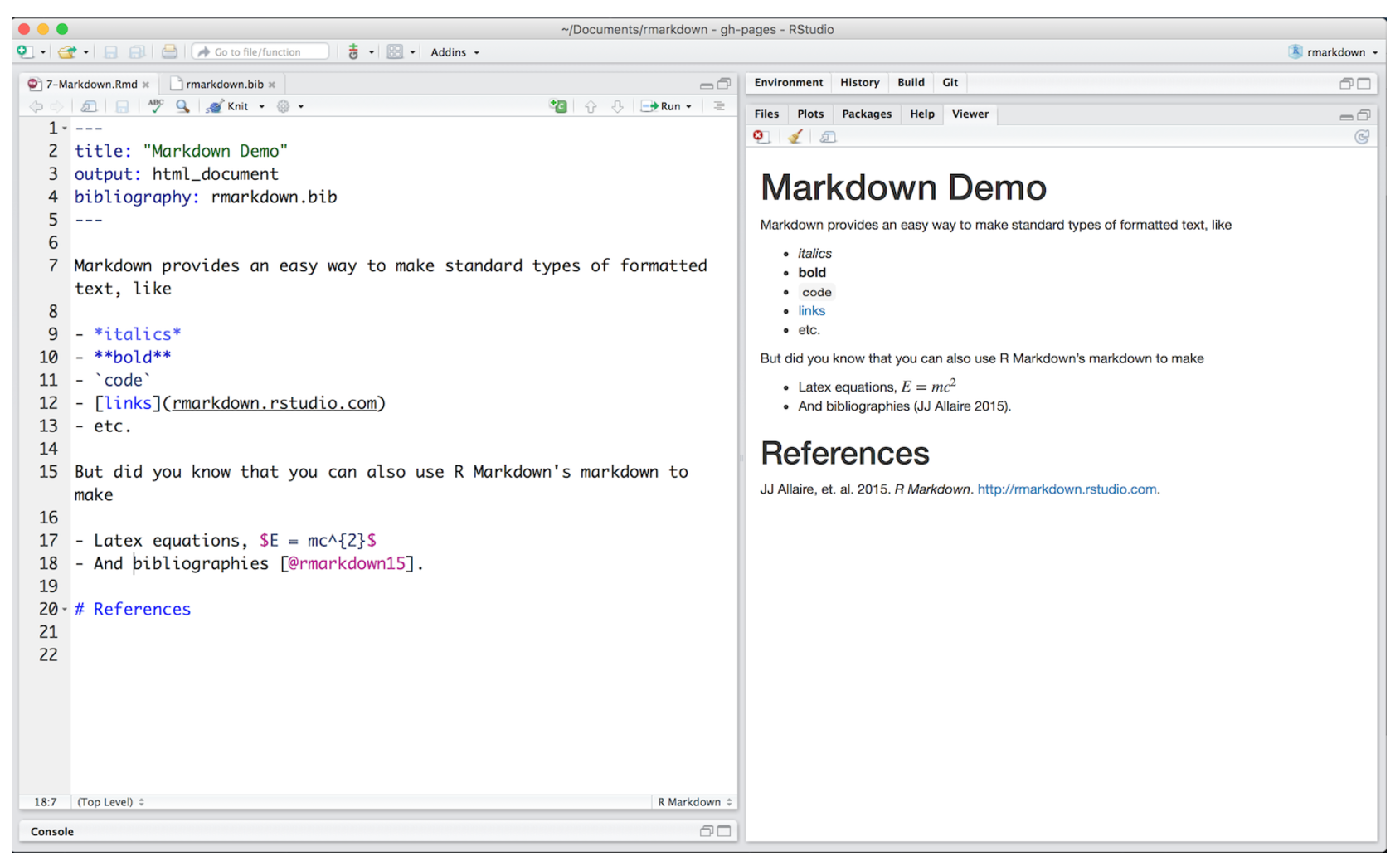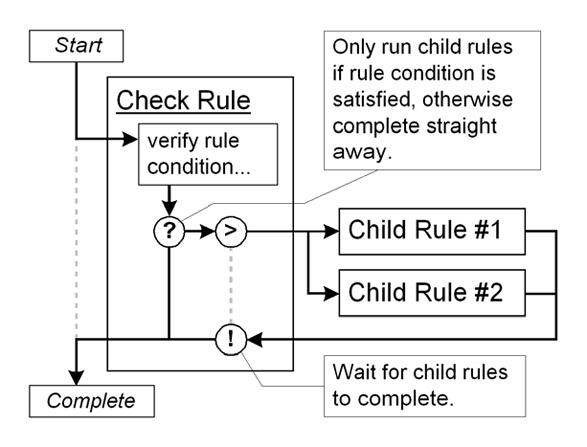

I created a separate page explaining all the details about Markdown tables, but for quick reference, here’s an example of a Markdown table with the alignment of the price and availability columns: | Item | Price | # In stock | Or leave it empty and use the link text itself, like this: Python Land. The Python.land tutorial with a numbered link Usually, they are placed at the bottom of a document. Text and other Markdown markup, to demonstrate that the reference links can be put anywhere. Or leave it empty and use the link text itself, like this.

We can define these links somewhere in a file, usually at the bottom, and reference them in the text anywhere. In addition to regular links, markdown also supports reference-style links. Inline-style link with a title attribute to Markdown Land URLs like, and sometimes or even, get converted to clickable links. Or an absolute, inline-style link to Google
#ORDERED LIST RMARKDOWN CODE#
You can also create a relative link: code repo Inline-style link with a title attribute to ( "Markdown Land") This is an inline-style link to our markdown cheat sheet Or even, get converted to clickable links. You can also create a relative link: (./repo/code) A basic link This is an inline-style link to our (/markdown-cheat-sheet) In case of doubt, it’s best to try and see what happens in your specific case. In fact, most markdown converters will automatically convert a URL to a link, but you better not rely on it. You can use Markdown to link to a website or local file. You can use these to keep track of work (TODO list) or tasks that need to be completed. this works on GitHub and with several markdown plugins for VS Code, for example, but it won’t work within the WordPress Gutenberg editor: - Apples Some but not all markdown parsers support checklists. The following lists give an identical output when converted into another document format like HTML or PDF: - Apples I tend to number my lists properly since most lists are small anyway, and it’s easier on the eyes when looking at the source text.Īll markdown converters I know of will convert the following into exactly the same list as the one above: 1. For example, if you need to add items in the middle of a long list, you need to renumber all of them. However, properly numbering the items will look better in plain text, but it can be a pain sometimes. I numbered the individual items properly, but you don’t have to.

To create an ordered list, create a text list with numbers, one per line: 1.

Both types of markdown lists look very natural in plain text, as you’ll see in the examples in this markdown sheet cheat. You can either create ordered (numbered) lists or unordered lists. This results in: “This is how you create strikethrough text.” Markdown Lists You can strikethrough your text as follows: This is how you create ~~strikethrough~~ text. The result when converted to HTML or PDF: This is how you create bold italics text. This is how you create ***bold italics*** text. This is how you create _bold italics_ text. You can either mix and match or use triple underscores or triple asterisks like this: This is how you create **_bold italics_** text. You can combine both, resulting in bold italics text. The same, but with underscores: This is how you create _italic_ text Combine bold and italics When converted to HTML or PDF, it will result in:: “This is how you create italic text.” Again, it’s a matter of taste which one you choose: This is how you create *italic* text To create italic text, also called emphasis, support the text with single asterisks or underscores. This is the same, but with underscores: This is how you create _bold_ text Italics with markdown (emphasis) When converted to HTML or PDF, it will result in: “This is how you create bold text”. To create bold text, also called strong emphasis, surround it with two asterisks or two underscores. Make bold text with markdown (strong emphasis)


 0 kommentar(er)
0 kommentar(er)
